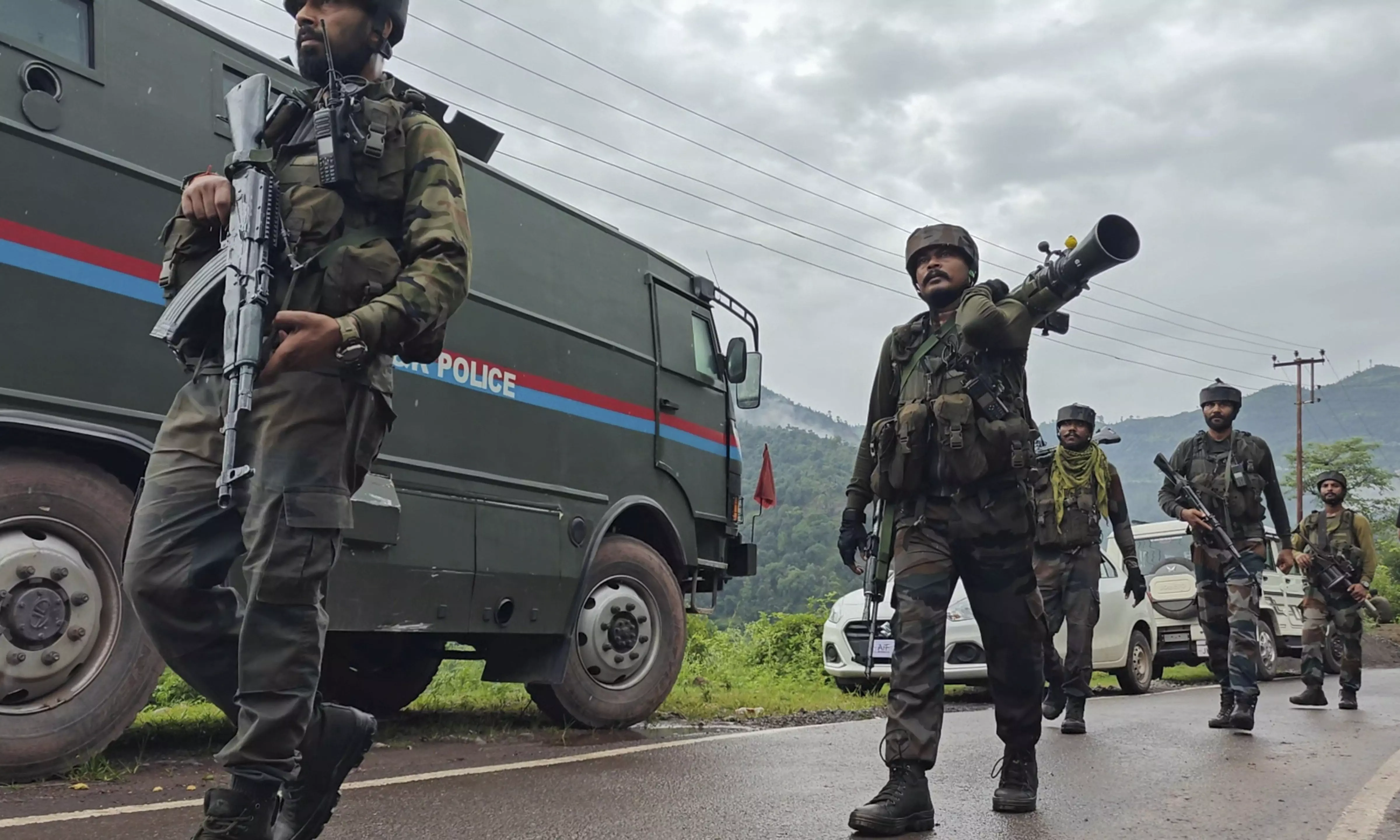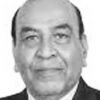Syed Ata Hasnain | Understanding nuances of elections in Kashmir

In 1996 the Government of India decided to conduct the Assembly elections in Jammu and Kashmir after a gap of nine years, even as 4,000 terrorists roamed the urban and rural spaces of the state’s territory. The Pakistan-sponsored proxy war which had begun in 1989 was then just entering into its eighth year. By 1992, the Army and other security forces had succeeded in destroying the intent of Pakistan’s Deep State, of employing local Kashmiri youth as terrorists for its hybrid war strategy. Pakistan then employed foreign terrorists, recruited from Afghanistan’s badlands and temporarily harbored in Pakistan, to fight in Jammu and Kashmir. They were battle hardened, having taken on the Soviet Army and bettered it back in the 1980s. Most importantly, they had fought for an Islamic cause, the very same cause that Pakistan wished to replicate in J&K to get deep-seated support from its people. To attract the foreign terrorists and stamp the J&K campaign as a “just war” for the Islamic cause, the Pakistani Deep State used the January 19, 1990 pogrom which targeted the Kashmiri Pandits as the message. A couple of proactive measures by the Army and the Jammu and Kashmir police helped to contain the fire. Among these was the raising of the Rashtriya Rifles (RR) and, alongside that, the Special Operations Group (SOG) of the J&K police. These became the mainstay of all counter-terror operations in the widespread rural zone with a somewhat leaky counter-infiltration grid, while the Border Security Force fought the restricted urban space.
The decision to hold the elections was spurred by the 1994 information warfare launched by Pakistan across the West and in the Islamic world, that India had subjugated all human rights in J&K. That is when the February 22, 1994 joint resolution was passed by the Indian Parliament, with all parties and both Houses of Parliament in consensus about the entire territories of J&K being a part of India, with a recorded Indian aspiration of winning them all back.
The elections were held in 1996 after many reviews and risk analyses. The expected dividend from the conduct was the message that India expected to convey regarding the strength and advantage of Indian democracy and democratic values. An additional aim was also to send a positive message to the Kashmiri population to neutralise the psychological effect of the botched 1987 elections. While most ground reports in 1996 indicated a potentially low turnout, it was decided to risk that and build on whatever success that could be gained.
It was a good decision just as the current decision to conduct polls in the Union territory because people’s empowerment brings positive change and hope. India continued to look at elections after 1996 as enablers which added value to the reputation that it had built on rights and use of soft power. It was after the 1996 election that two major events took place, both in the security domain. First was the launch of Operation Sadbhavna, a military civic action programme. It was initiated for better military contact with the populace, supplementing the local administration’s welfare projects in areas where it was difficult for the administration to perform duties on an everyday basis, win the people’s hearts and minds and enhance people’s self-esteem. Second, the Supreme Court of India also stepped in to temper the situation by listing out a set of “do’s and don’ts” for the implementation of the Armed Forces Special Powers Act, which was in place in Jammu and Kashmir since July 1990. All this was termed the humanisation of conflict. Operation Sadbhavna has been a runaway success for the last 27 years, dealing with six verticals -- education, medical, women’s empowerment, small infrastructure, national integration and human resources development. The success can be measured by the fact that there is always a clamour for admission to the 43 Goodwill Schools that the Army runs in J&K. The Supreme Court’s “do’s and don’ts” is a codified behaviour for the Army to follow in conduct of ethical counter-terrorist operations.
We are suddenly witnessing great interest in J&K by the United States, with visits by senior officials to meet political leaders. While the US played a very negative role in the mid-1990s in supporting Pakistan and not doing enough to neutralise its support to separatists and sponsorship of the proxy war, in the current situation it seems to be in support of the elections. Our foreign policy interests rest on maintaining our strategic autonomy through a well-executed balance in approach to the big powers. If the US is on board to put pressure on Pakistan through a calibrated strategy it will only be to the advantage of India. An electoral verdict certified by independent observers will cement positive credentials five years after the momentous decision on the revocation of Article 370 of the Constitution. Thereafter, a strategy for further integration in conjunction with grassroots political activity can be instituted. However, to make this a more comprehensive exercise, the Indian narrative must be effectively communicated at every major foreign capital and important strategic institutions and international think tanks. This won’t just happen on its own without a push.
Knowledge on Jammu and Kashmir and the strategic dynamics related to it is extremely limited in India and communication on it is usually negligible. Good work by the government in the form of effective decisions can sometimes be lost at the altar of communications, or simply the lack of it. Which is why the Indian narrative must become the dominant one. India must not be defensive and its narrative must find greater understanding among the clergy and the polity in the Islamic nations, and also international think tanks in major world capitals.
Recent developments in the security domain related to encounters in Rajouri, Machil and Tangdhar must not be viewed as deteriorating conditions prior to the election. These incidents are in the rim areas near the Line of Control and are attempts at infiltration by a desperate Pakistan to cause impediment in the successful conduct of the polls. There cannot be any guarantee that the run-up to the polls will be completely peaceful as our adversaries are working overtime to establish their relevance and narratives. However, one can only be fully confident that the commanders, staff and troops of today have the full measure of the situation. Aberrations such as in Jammu are just that -- aberrations, in the light of the well-known penchant of the Army’s ability to recover fully from them and deliver.

